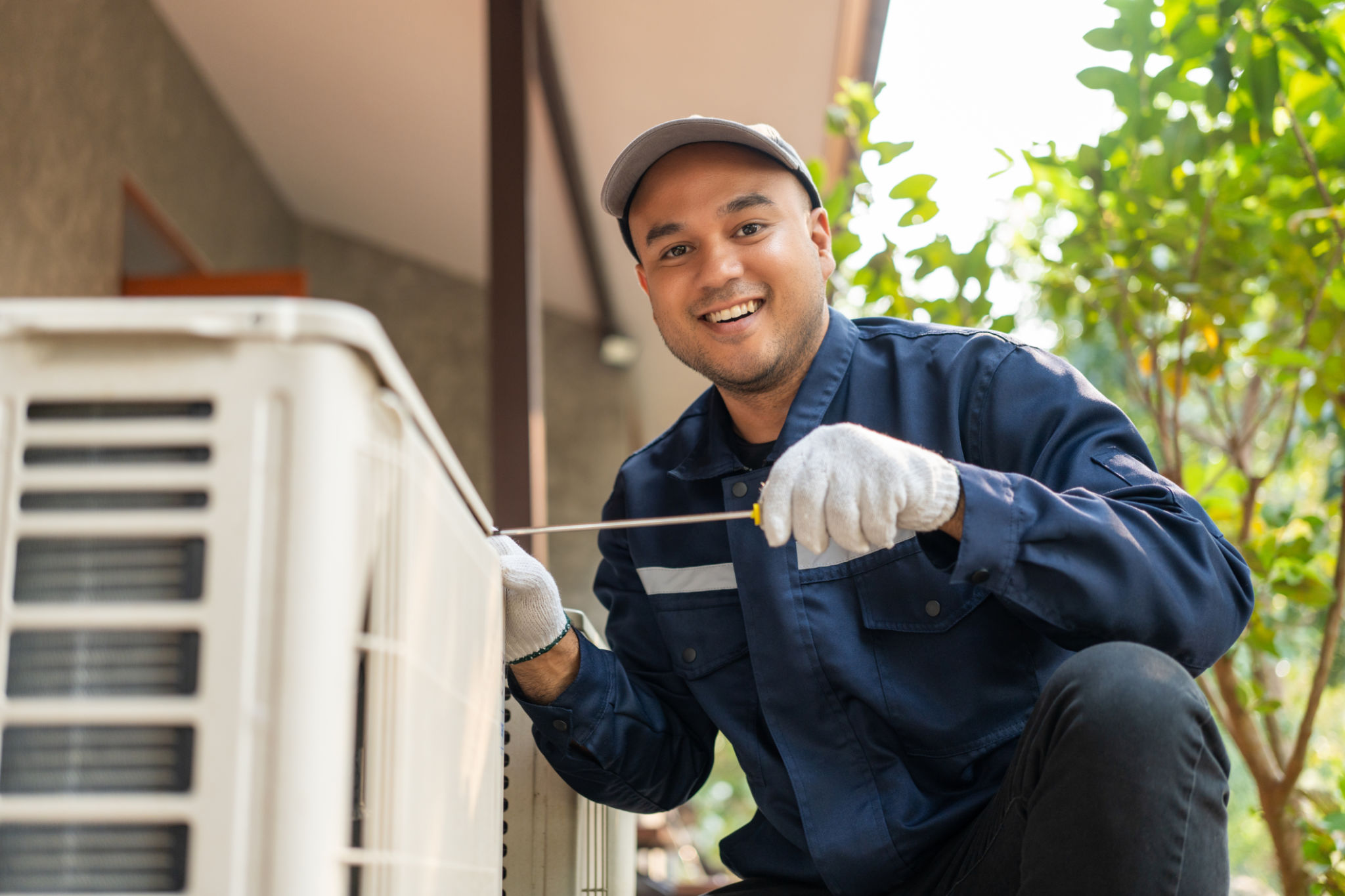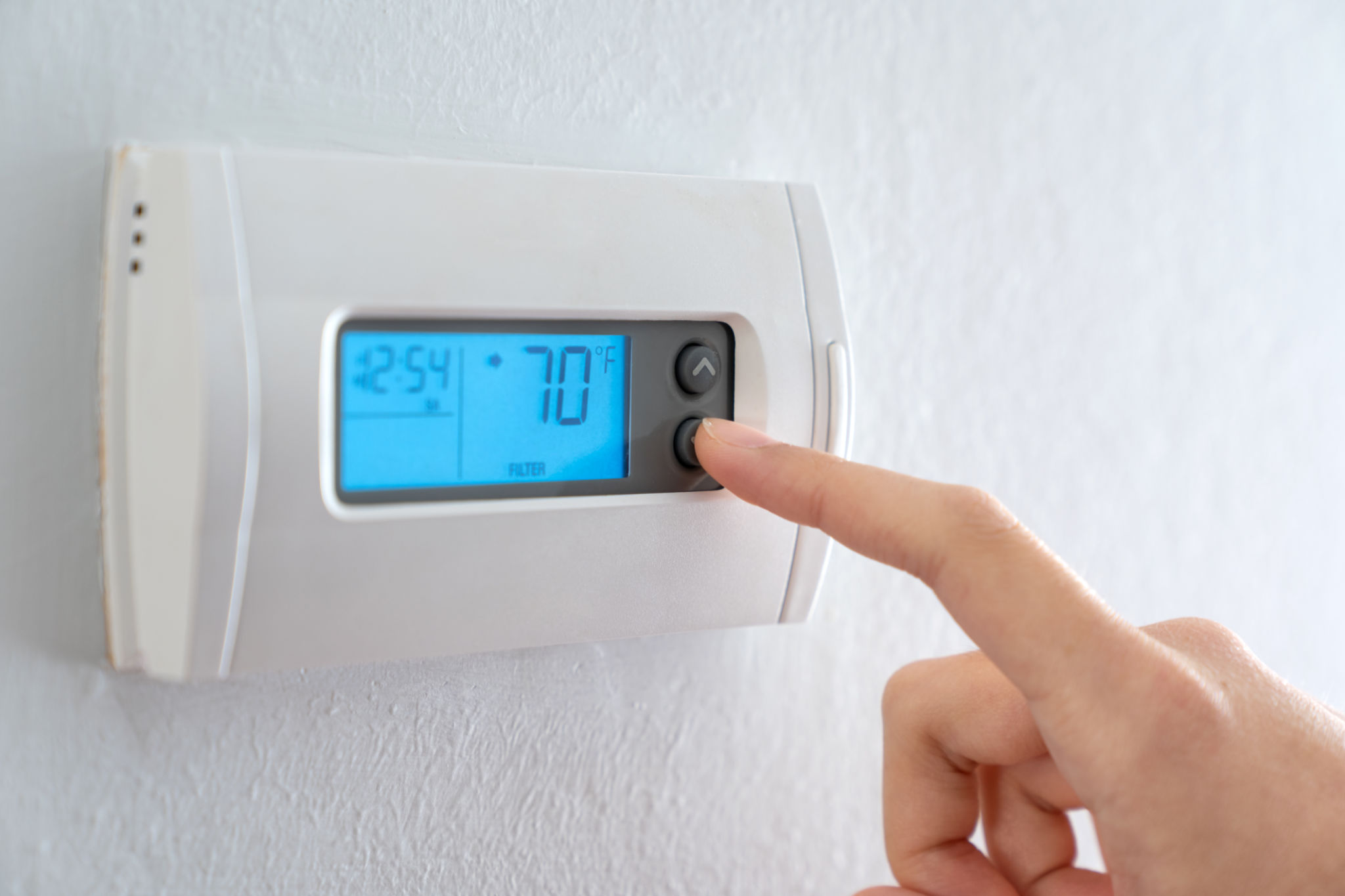How to Troubleshoot Common Air Conditioning Problems
Understanding Basic Air Conditioning Problems
As temperatures rise, having a functioning air conditioning system is essential for comfort. However, like any other appliance, air conditioners can encounter problems. Understanding the basics of how your AC works can help in identifying the issues. Most air conditioning units operate by circulating refrigerant through a series of coils. This process removes heat from the indoor air and releases it outside, cooling your home in the process.
When your AC unit fails to cool your space effectively, it can be due to various reasons. Some common issues include dirty filters, refrigerant leaks, or thermostat malfunctions. Knowing how to troubleshoot these problems can save you time and money.

Checking and Replacing Air Filters
One of the most common causes of AC problems is a dirty or clogged air filter. Filters should be checked regularly and replaced every 1-3 months, depending on usage and air quality. A clogged filter restricts airflow, causing your system to work harder than necessary. This not only reduces efficiency but can also lead to overheating.
To replace an air filter, first, turn off the AC unit. Locate the filter, which is usually situated near the return air duct or the central unit. Remove the old filter and replace it with a new one of the same size and type. Remember, a clean filter not only improves performance but also enhances indoor air quality.
Inspecting Thermostat Settings
If your air conditioner isn't turning on or maintaining the desired temperature, check the thermostat settings. Ensure that it is set to 'cool' mode and that the temperature setting is lower than the current room temperature. Sometimes, the issue may be as simple as a dead battery in a digital thermostat, so consider replacing them if necessary.

Addressing Refrigerant Leaks
Refrigerant is crucial for cooling, and any leaks can significantly reduce your AC's efficiency. Signs of a refrigerant leak include the unit blowing warm air, ice buildup on the coils, or unusual hissing sounds. If you suspect a leak, it's best to contact a professional technician as handling refrigerant requires specific skills and equipment.
While some issues like changing filters are manageable on your own, refrigerant-related problems demand professional attention to ensure safe and effective repairs.
Ensuring Proper Airflow
Blocked vents or ducts can also impede airflow, leading to uneven cooling in your home. Check all vents to make sure they are open and unobstructed by furniture or curtains. Additionally, inspect the outdoor unit for any debris like leaves or branches that might be blocking airflow.

Troubleshooting Electrical Issues
If your AC won't turn on at all, it could be due to an electrical issue. Check your circuit breaker to ensure it hasn't tripped. If it has, reset it and see if this resolves the problem. Frequent tripping could indicate a more serious electrical problem that requires professional intervention.
Additionally, inspect any visible wiring for wear or damage. Loose or damaged wires can disrupt power flow and should be addressed immediately by a qualified technician.
Regular Maintenance for Longevity
Regular maintenance is key to preventing many common air conditioning problems. Schedule annual check-ups with a certified HVAC technician to inspect and tune up your system. This will help catch potential issues early and keep your unit running smoothly throughout the year.
By keeping up with routine maintenance and addressing minor issues promptly, you can extend the life of your air conditioning unit and enjoy consistent performance.